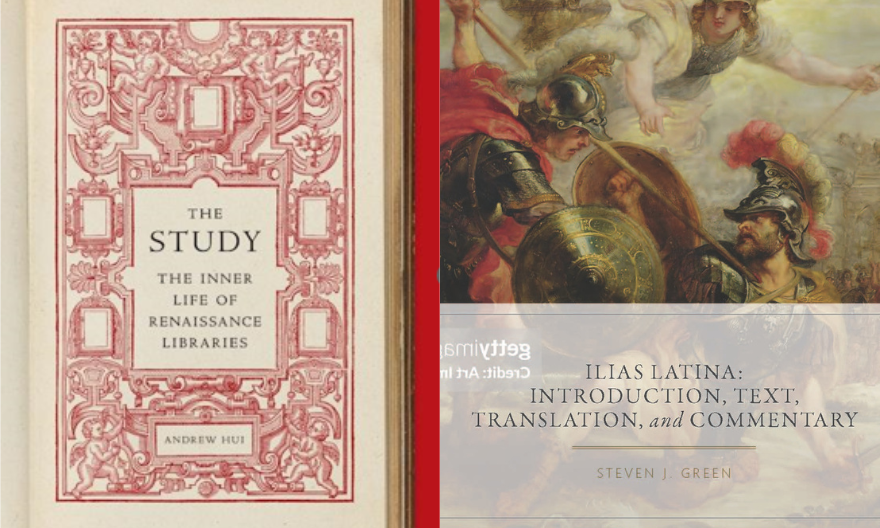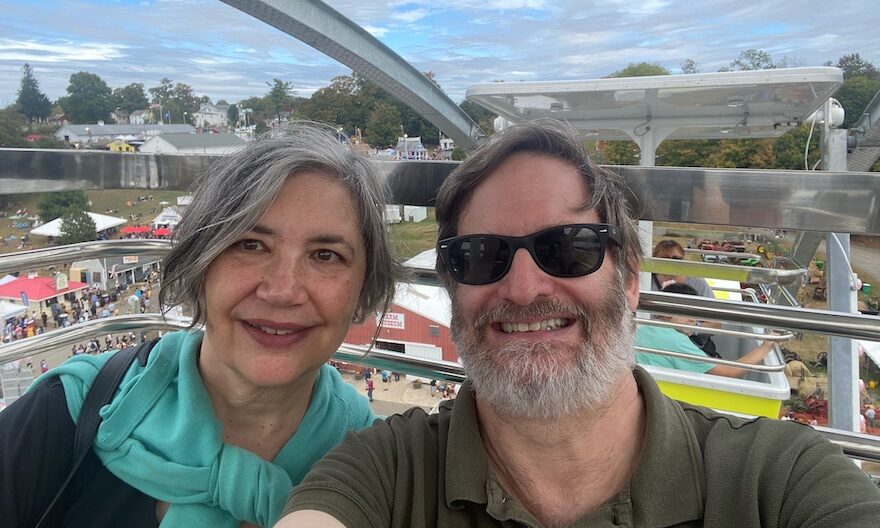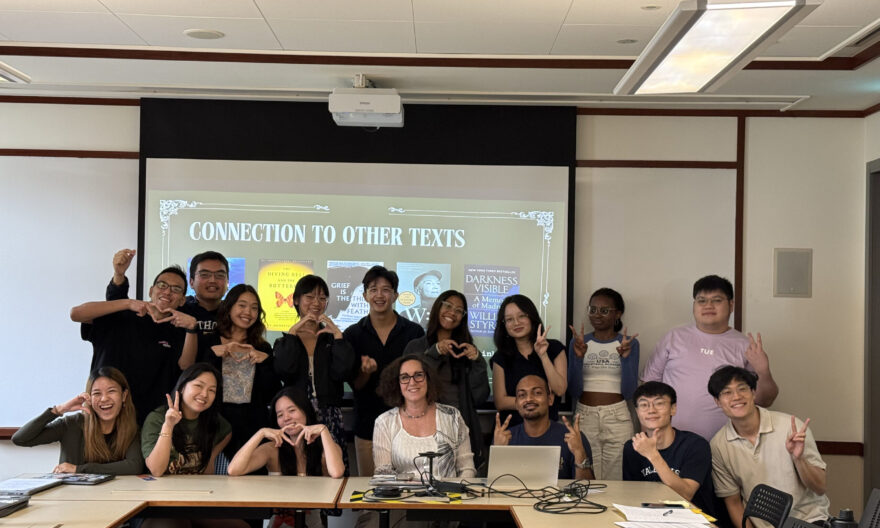New Psychology modules explore creative pedagogies
Yale-NUS College aims to cultivate a community of learning, catalysing creativity, intellectual pursuit, and a willingness to engage with core issues that are impacting societies today. Two new Psychology courses sought to equip students with the theoretical know-how to enable them to delve deep into current topics by encouraging them to extend their learning outside the classroom.
Last semester, Part-time Lecturer of Social Sciences (Psychology) Elizabeth Boeun Kim offered a new course – Psychology of Social Conformity. Motivated by the zeitgeist of the COVID-19 pandemic, Dr Kim sought to expose students to a theoretical understanding of the nature of social conformity, and also explore its application to the real world – how it relates to current issues in geopolitics, health, environment, business and society at large.
“Through the course, I hoped students would be equipped to recognise key ideas and theories in the social conformity psychology literature, think critically about the limitations and gaps in the field, and take a scientific approach to applying theories to real life issues they care about,” said Dr Kim.
 For her Psychology of Social Conformity course, Dr Kim (right) invited guest speakers including Mr Richie Eu (left) from Eu Yang Sang International Limited, to share insights about conformity in relations to geopolitics, media, business, and healthcare. Image taken by Glen Ang for Yale-NUS College.
For her Psychology of Social Conformity course, Dr Kim (right) invited guest speakers including Mr Richie Eu (left) from Eu Yang Sang International Limited, to share insights about conformity in relations to geopolitics, media, business, and healthcare. Image taken by Glen Ang for Yale-NUS College.
To achieve her objectives, Dr Kim took a novel approach to structuring the curriculum. Other than grounding the course in graduate-level empirical research articles and scholarship, Dr Kim also paired the literature with a series of talks with guest speakers. After the talks, students were also invited to connect with the speakers in a more informal setting, to continue discussions from class and engage with other topics. By introducing students to relevant industry leaders, Dr Kim hoped to challenge students and help them think beyond the classroom.
For example, to help students learn about conformity and geopolitics, Dr Kim invited Ambassador Zulkifli Baharudin (non-resident ambassador for Kazakhstan and Uzbekistan) to speak on the importance of intergroup dynamics and cultural identity.
On her course structure and design, Dr Kim said, “Having attended a liberal arts college myself (Wellesley College), I have a deep appreciation for interdisciplinary learning, open collaboration, and respect for diverse opinions and cultures. As a lecturer, I wish to create this kind of learning environment which was integral to my own growth in character and development of communication skills.”
In a similar vein, Part-time Lecturer of Social Sciences (Clinical Psychology) Karen Pooh Chuan Ling also focused strongly on creating a conducive learning environment for students who took her course – Psychological Therapies – last semester.
Other than being the very first clinical psychology module offered by the College focused on application, Dr Pooh also incorporated mindfulness and compassion in her teaching approach, just as how she conducts her own therapeutic work. Said Dr Pooh, “I wanted to create a safe and enjoyable learning process for the students. Having no prior clinical experience is not an issue at all, it is absolutely okay for the students not to get it right. In fact, the human mind is complex, and therapy work can be complex and messy!”
Dr Pooh incorporated experiential learning as much as possible in her lessons. Psychology major Meryl Yu (Class of 2022), who took the class, said, ”Dr Pooh would actively encourage us to try out the therapeutic techniques in pairs or small groups. The classroom role-play sessions helped me simulate and practise these techniques in small ways in my own life, and manage my daily stressors as they come and go.”
Meryl and her coursemates Han Wei Tian, Kyle Foo, Yoon Thiri, Hun Kang (from Class of 2022), Cheong Zi Gi and Tng Pei Ling (Class of 2021) were inspired by the course material, and initiated a project after taking the class. They co-created a zine – ‘Mind Your Mind’ – over the semester break in collaboration with the Student Affairs Office’s Wellness committee, with the purpose of sharing scalable therapeutic techniques that students can learn about and try out in their own time. The zine aims to help students manage daily minor stressors, overcome the stigma of seeking help, and to improve mental health literary on campus.

 Front and back cover (top image) and extracts (bottom image) from the ‘Mind Your Mind’ zine. Images provided by Meryl Yu.
Front and back cover (top image) and extracts (bottom image) from the ‘Mind Your Mind’ zine. Images provided by Meryl Yu.
On the zine, Dr Pooh said, “I am so impressed by this initiative, and I believe that many would benefit from this zine. During these challenging times, change-makers like these are very much needed.”
Echoing this, Dr Kim added, “I continue to be impressed by Yale-NUS students’ passionate commitment to community engagement and thoughtful application of class concepts to issues they care about.”




